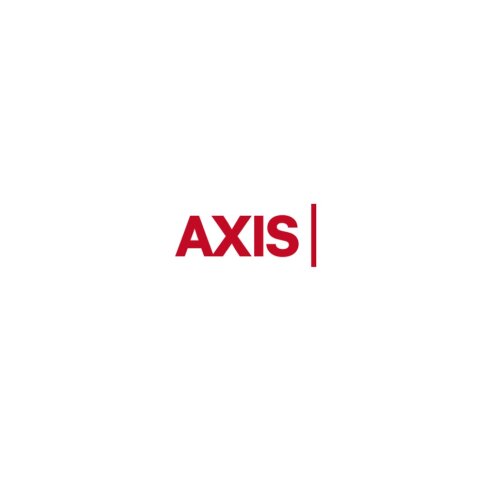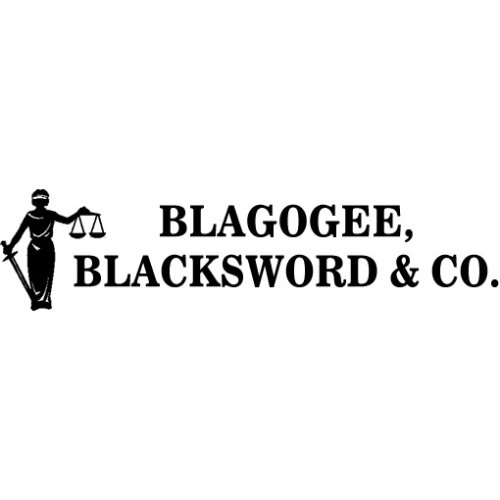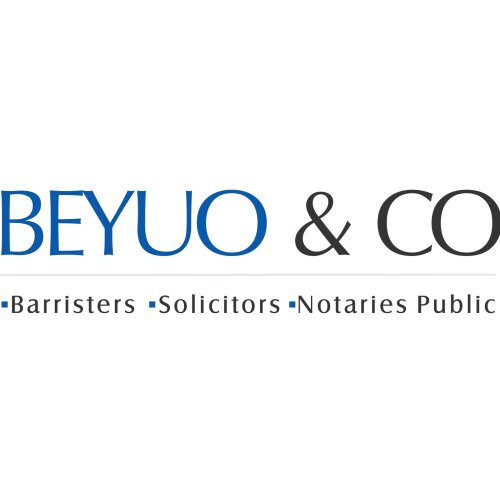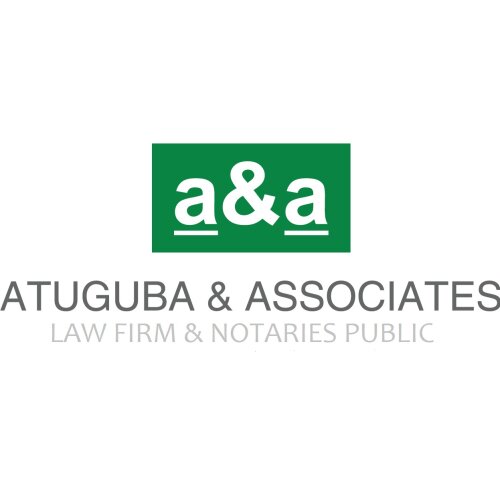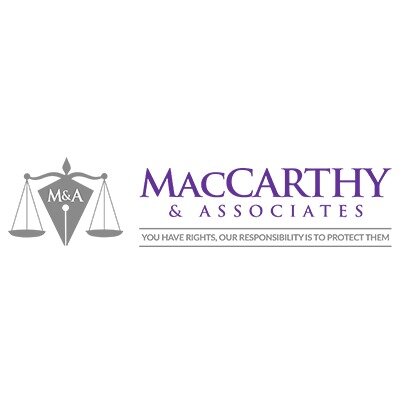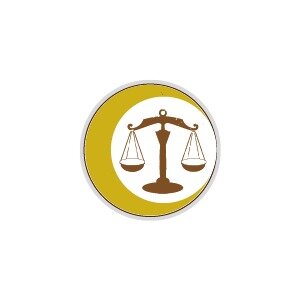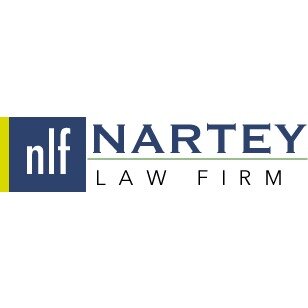Best Renewable & Alternative Energy Lawyers in Ghana
Share your needs with us, get contacted by law firms.
Free. Takes 2 min.
Or refine your search by selecting a city:
List of the best lawyers in Ghana
About Renewable & Alternative Energy Law in Ghana
Ghana is committed to increasing its use of renewable and alternative energy sources as part of its long-term energy strategy. The country's reliance on hydropower and fossil fuels is gradually shifting in favor of solar, wind, biomass, and other sustainable energy systems. To support this transition, various laws and regulations have been established to guide the development, utilization, and management of renewable energy resources. Renewable and alternative energy law in Ghana covers a broad range of legal areas, including licensing, environmental protection, investment incentives, project development, and consumer rights.
Why You May Need a Lawyer
Legal experts play a vital role in the renewable and alternative energy sector, helping individuals, investors, companies, and communities navigate the complex legal landscape. You may need a lawyer for several reasons, such as:
- Advising on regulatory compliance and permit requirements for renewable energy projects
- Assisting with drafting and reviewing contracts for power purchase agreements, land acquisition, and joint ventures
- Representing clients in disputes with regulatory authorities, contractors, or project partners
- Guiding project developers on tax incentives, subsidies, or government grants available for renewable energy investments
- Ensuring adherence to environmental impact assessment processes
- Protecting intellectual property related to energy technology and innovation
- Assisting communities and individuals impacted by energy projects to understand their rights and seek remedies
Whether you are a project developer, investor, landowner, or local community member, having qualified legal guidance can help you avoid common pitfalls and take full advantage of opportunities in Ghana’s renewable energy sector.
Local Laws Overview
Several key laws and regulations govern the renewable and alternative energy sector in Ghana:
- Renewable Energy Act, 2011 (Act 832): This is the primary legislation for promoting and developing renewable energy resources in Ghana. It covers licensing, renewable energy purchase obligations, feed-in tariffs, and incentives.
- Energy Commission Act, 1997 (Act 541): Empowers the Energy Commission to regulate and manage energy resources, including issuing licenses for power generation, transmission, and distribution.
- Public Utilities Regulatory Commission Act, 1997 (Act 538): Establishes the framework for regulating tariffs and safeguarding consumer interests.
- Environmental Protection Agency Act, 1994 (Act 490): Requires environmental permits and assessments for energy projects to ensure environmental sustainability.
- Investment Promotion Act, 2013 (Act 865): Offers incentives and protection for investments in the renewable energy sector.
Compliance with these laws and related regulations is mandatory. Failure to comply can lead to fines, permit revocation, or project delays.
Frequently Asked Questions
What is renewable energy?
Renewable energy is energy generated from natural sources that can be replenished, such as sunlight, wind, rainfall, biomass, and geothermal heat. These sources are sustainable and do not deplete over time.
What are the main renewable energy sources in Ghana?
Ghana’s primary renewable energy sources include solar, wind, biomass, and hydro power. The government is especially focused on solar development due to the high levels of sunlight throughout the year.
Is a license required to generate renewable energy?
Yes. Most commercial-scale renewable energy projects require licenses from the Energy Commission. Some small-scale or off-grid systems may be exempt, but it is advisable to confirm the latest requirements with legal assistance.
Are there any tax incentives for investing in renewable energy?
Yes. Ghana offers tax incentives and exemptions for investors in the renewable energy sector, including import duty exemptions and tax holidays, as outlined in the Renewable Energy Act and the Investment Promotion Act.
What is a Power Purchase Agreement (PPA)?
A Power Purchase Agreement is a contract between a power producer and a utility or consumer on the sale and purchase of electricity. It defines the terms, pricing, and duration of electricity sale and is essential for project financing.
Do renewable energy projects require an environmental permit?
Most renewable energy projects require an Environmental Impact Assessment (EIA) and a permit from the Environmental Protection Agency before development begins. This process ensures that environmental concerns are addressed.
Can communities participate in renewable energy projects?
Yes. Communities can participate through various models, such as community solar schemes or joint ventures. Legal support can help clarify rights, responsibilities, and benefit-sharing arrangements.
How does the feed-in tariff system work in Ghana?
The feed-in tariff system guarantees renewable energy producers a fixed price for the electricity they generate and supply to the national grid. The tariff rates are set by regulatory authorities to encourage investments in renewables.
What should I do if my land is needed for a renewable energy project?
If your land is required, you have the right to fair compensation and can negotiate terms. Legal advice is recommended to ensure your rights are protected during any acquisition or lease process.
What do I need to start a renewable energy business in Ghana?
To start a renewable energy business, you need to register your company, obtain the necessary licenses and permits, comply with tax and environmental regulations, and meet technical and safety standards. Legal guidance can streamline this process and help you avoid costly mistakes.
Additional Resources
The following organizations and bodies may be helpful if you are seeking legal advice or information on renewable and alternative energy in Ghana:
- Energy Commission of Ghana
- Ministry of Energy
- Environmental Protection Agency (EPA) Ghana
- Public Utilities Regulatory Commission (PURC)
- Ghana Investment Promotion Centre (GIPC)
- Ghana Renewable Energy Association
- Ghana Grid Company Limited (GRIDCo)
- Electricity Company of Ghana (ECG)
- Chamber of Bulk Oil Distributors - for biofuel related projects
- Local law firms specializing in energy and environmental law
Next Steps
If you require legal assistance in the renewable and alternative energy sector in Ghana, consider the following steps:
- Clearly identify your objectives and any challenges you are facing.
- Gather all relevant documents, such as contracts, permits, and correspondence.
- Research and contact a reputable law firm or legal adviser with experience in energy law and regulatory compliance in Ghana.
- Schedule a consultation to discuss your situation and receive professional guidance.
- Follow through on recommended actions, including obtaining proper permits or addressing regulatory concerns.
Acting early and seeking qualified legal assistance can save time, minimize risks, and enhance the success of your renewable energy project or investment in Ghana.
Lawzana helps you find the best lawyers and law firms in Ghana through a curated and pre-screened list of qualified legal professionals. Our platform offers rankings and detailed profiles of attorneys and law firms, allowing you to compare based on practice areas, including Renewable & Alternative Energy, experience, and client feedback.
Each profile includes a description of the firm's areas of practice, client reviews, team members and partners, year of establishment, spoken languages, office locations, contact information, social media presence, and any published articles or resources. Most firms on our platform speak English and are experienced in both local and international legal matters.
Get a quote from top-rated law firms in Ghana — quickly, securely, and without unnecessary hassle.
Disclaimer:
The information provided on this page is for general informational purposes only and does not constitute legal advice. While we strive to ensure the accuracy and relevance of the content, legal information may change over time, and interpretations of the law can vary. You should always consult with a qualified legal professional for advice specific to your situation.
We disclaim all liability for actions taken or not taken based on the content of this page. If you believe any information is incorrect or outdated, please contact us, and we will review and update it where appropriate.
Browse renewable & alternative energy law firms by city in Ghana
Refine your search by selecting a city.



